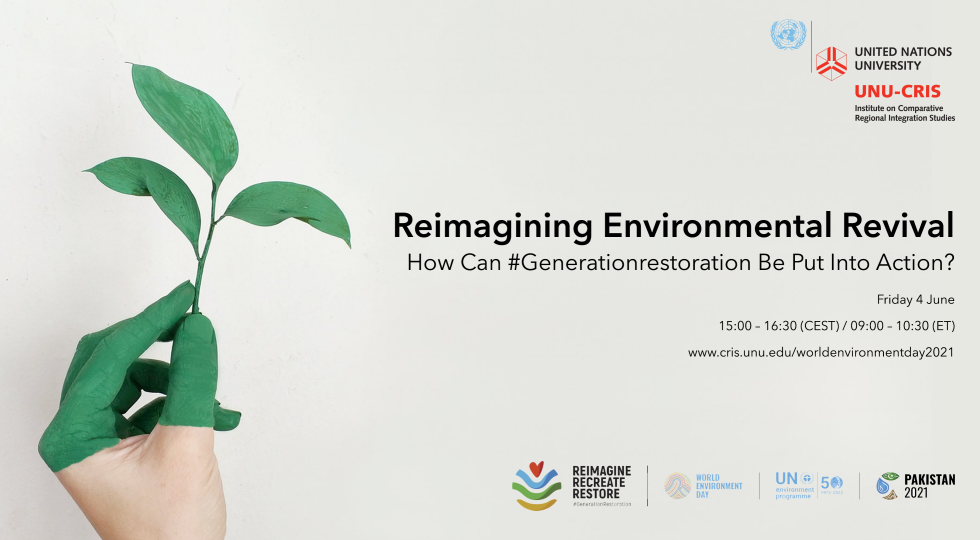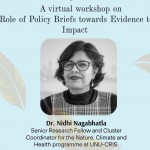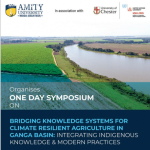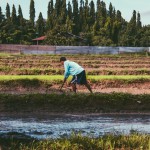Reimagining Environmental Revival - How Can #GenerationRestoration Be Put Into Action?

The United Nations launched the Decade for Restoration on World Environment Day (5 June). A rallying global call to “Reimagine, Recreate, Restore” our degrading ecosystems, the decade focuses on holistic on-ground solutions for shared environmental challenges. Against this background, UNU-CRIS organised the webinar, Reimagining Environmental Revival: How Can #GenerationRestoration Be Put into Action, on June 4.
The discussion included insights on the challenges, opportunities, and best practices linked to natural resource management across various regions of the world. Opening the event, Phillippe de Lombaerde, Director Ad Interim, UNU-CRIS, commented upon the significance of ecological sustainability in maintaining economic growth and development for communities and states. Introducing the session, UNU-CRIS Research Fellow, Nidhi Nagabhatla, shed light on the need to ensure equity and balance for #GenerationRestoration. The balance between environmental governance and technical solutions for ecosystem restoration remained a recurring theme throughout the session.
Highlighting a case study from the Philippines, Stockholm Environment Institute’s Heidi Tuhkanen reflected on the need to place post-disaster recovery and resilience plans into local contexts. She also reiterated that plans for restoration are only as good as their implementation.
Prof. Eduardo Mario Mendiondo, University of Sao Paulo, Brazil emphasised upon the urgency and potential to build back better with a focus on urban landscapes, environmental health, and water systems. He also discussed the role of green bonds and finance in fueling restoration initiatives.
Underscoring the role of big data in transboundary water challenges, Dr. David Katz, University of Haifa, Israel, noted the undeniable role of youth, technology, politics, and society in harnessing the full potential of technology.

Prof. Dr. Aysegul Kibaroglu, MEF University, Istanbul, Turkey stressed upon the massive potential of water diplomacy in ecological restoration. In doing so, she highlighted the need to enhance multilateral collaboration with and among informal institutions like NGOs, academia, and think tanks. She also emphasized the need for multilateral agreements among energy, agriculture, environment, and health sectors.
Makasa Looking Horse, Indigenous Youth Leader (Ohenagnos Project Six Nations, Canada) and McMaster University, stressed upon the crucial role of indigenous youth communities in the management and preservation of natural resources like water. She simultaneously highlighted the loss of local and indigenous knowledge through the recent and alarming discovery of the remains of 215 children at a former school in Canada.
In conclusion, the panelists emphasised that innovation, participation, evidence-informed policy, and integration are the key enabling factors to prevent, halt and reverse the degradation of natural resources worldwide.
The recording for the session will be available at a later date.




